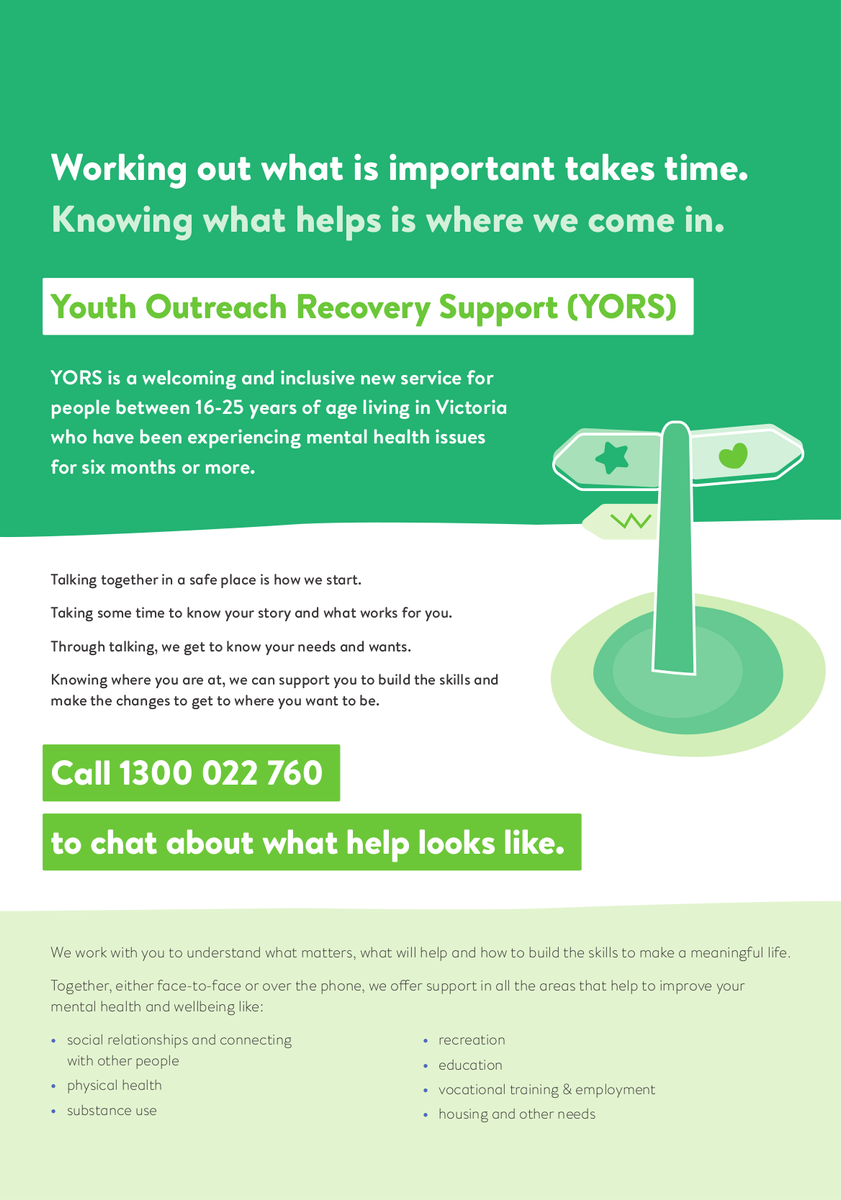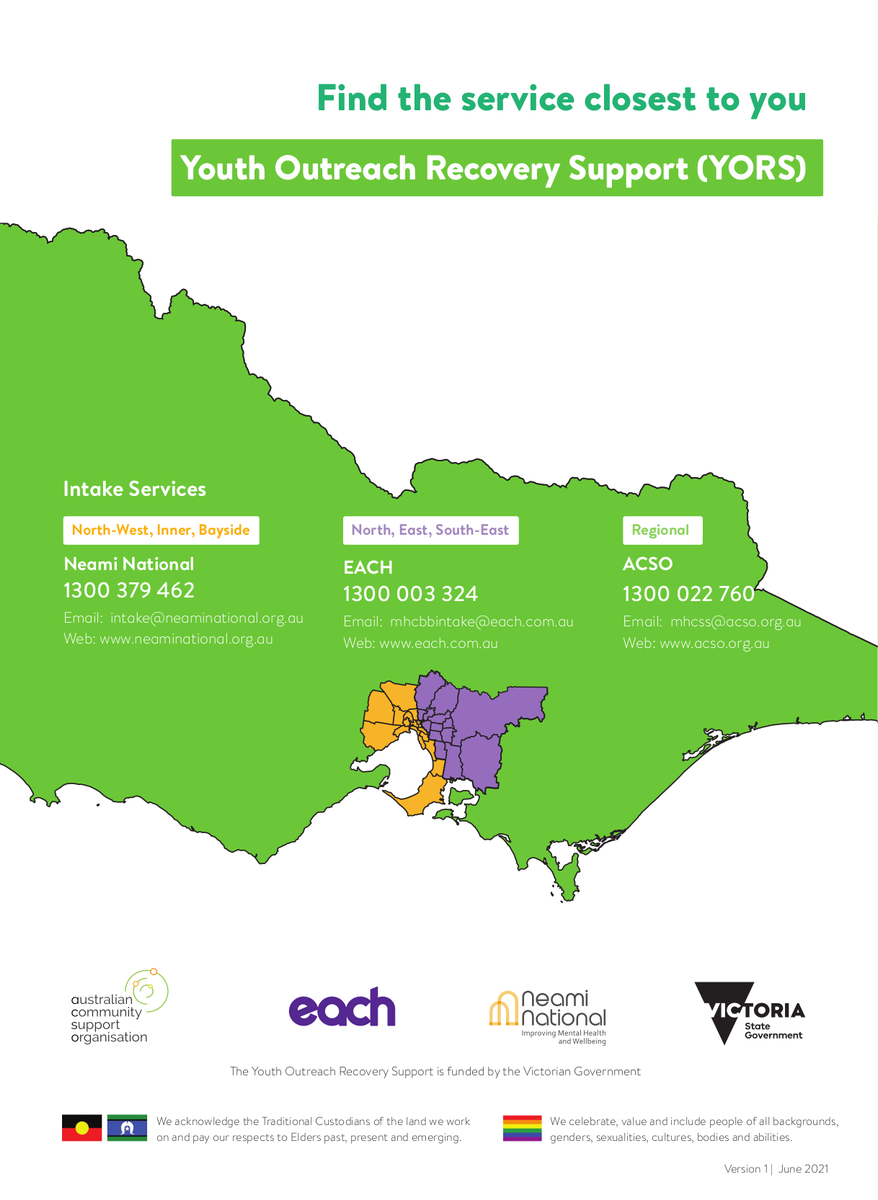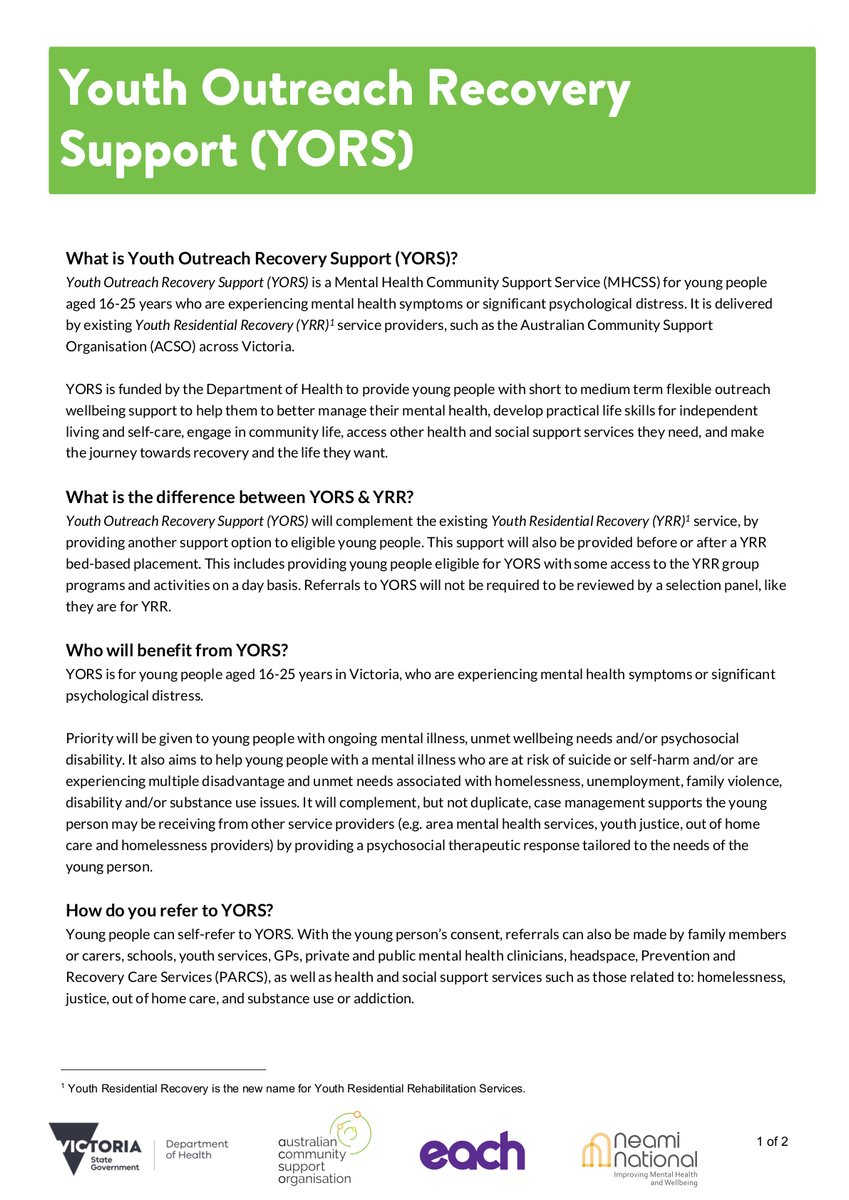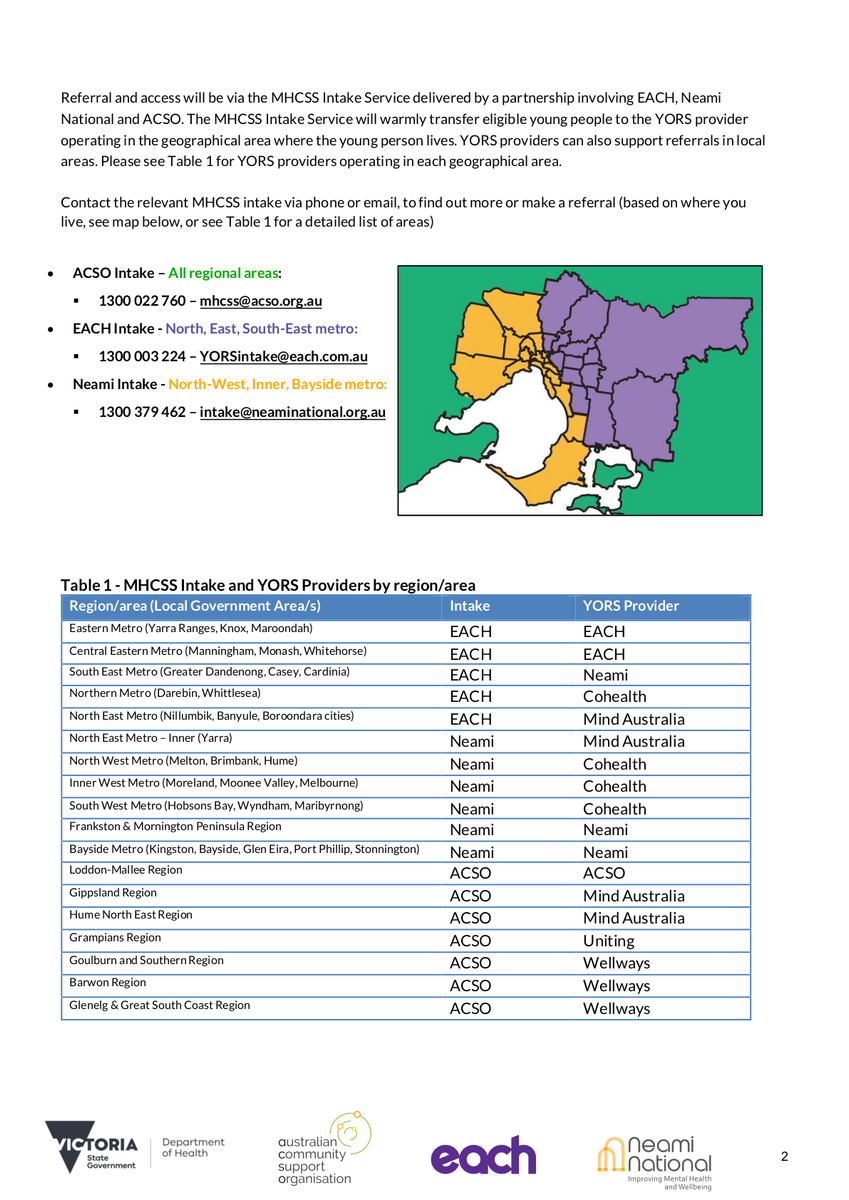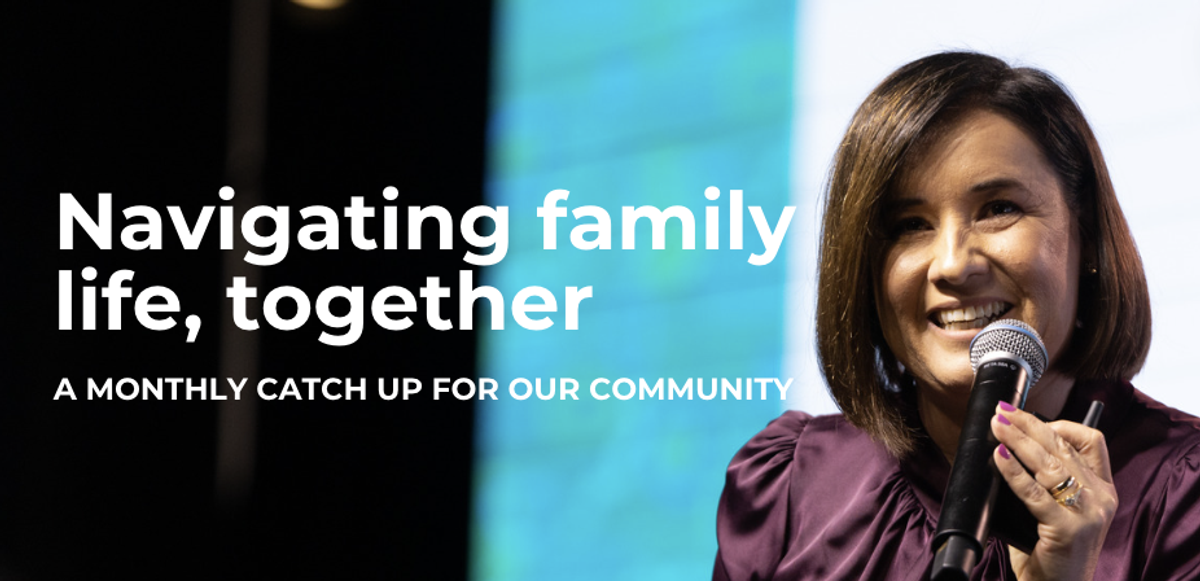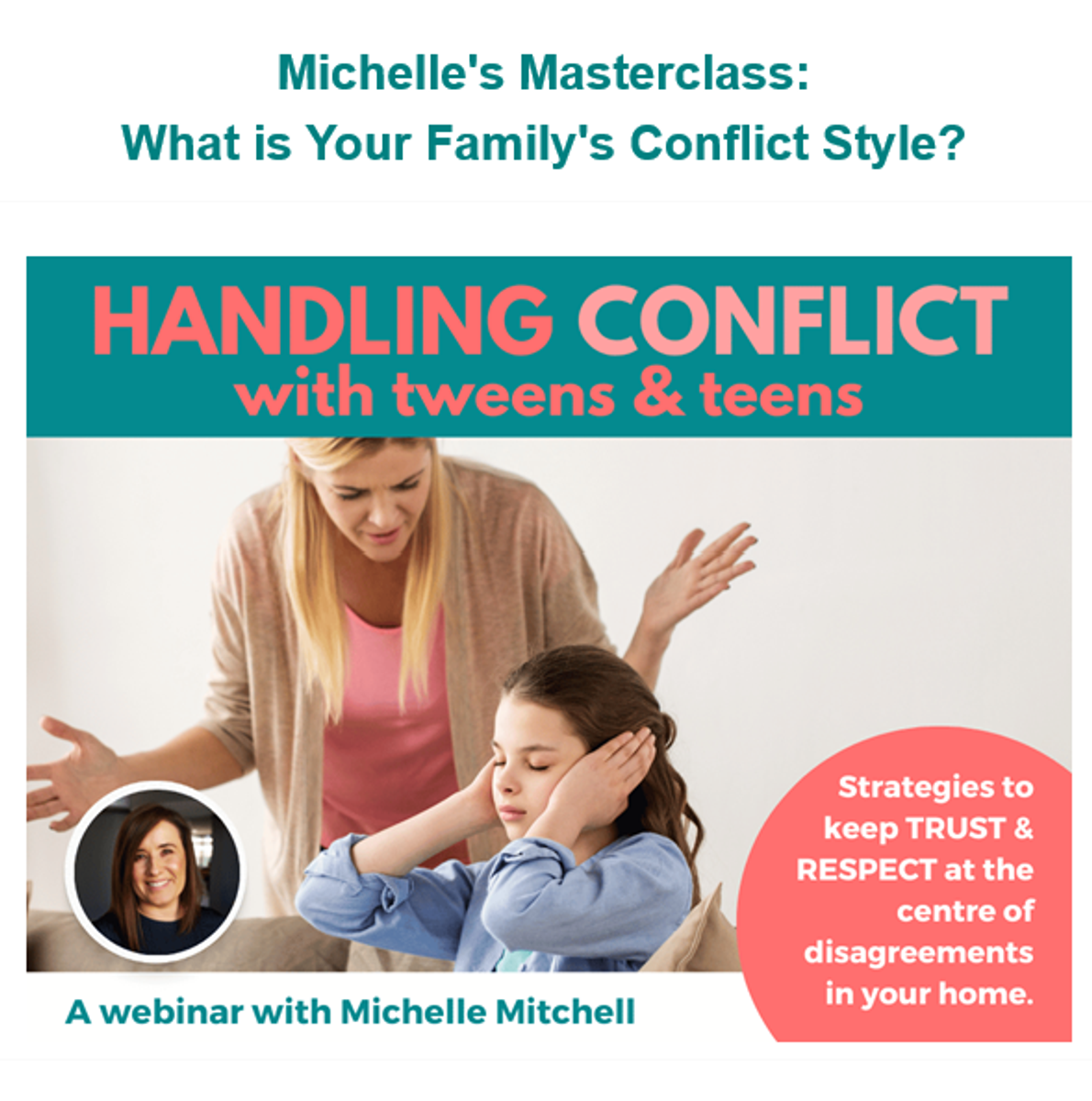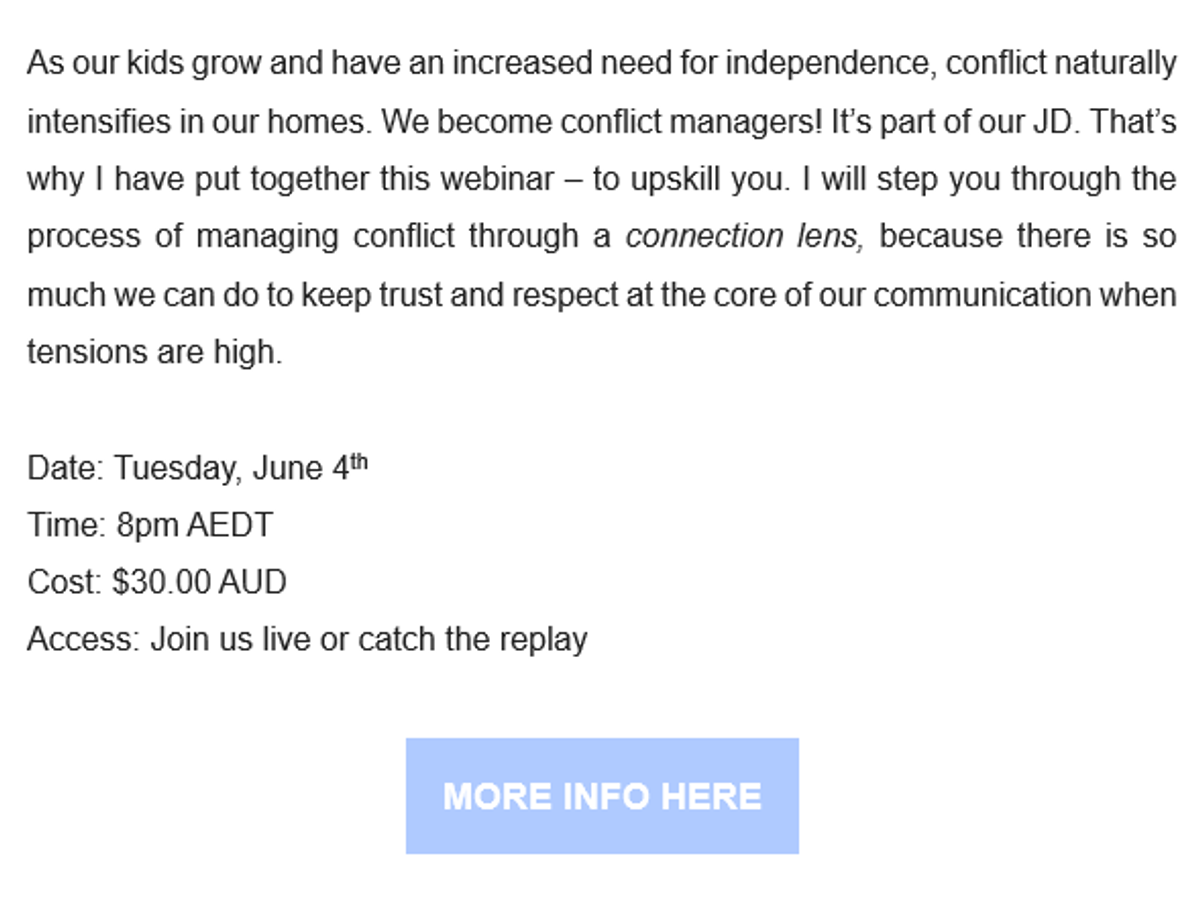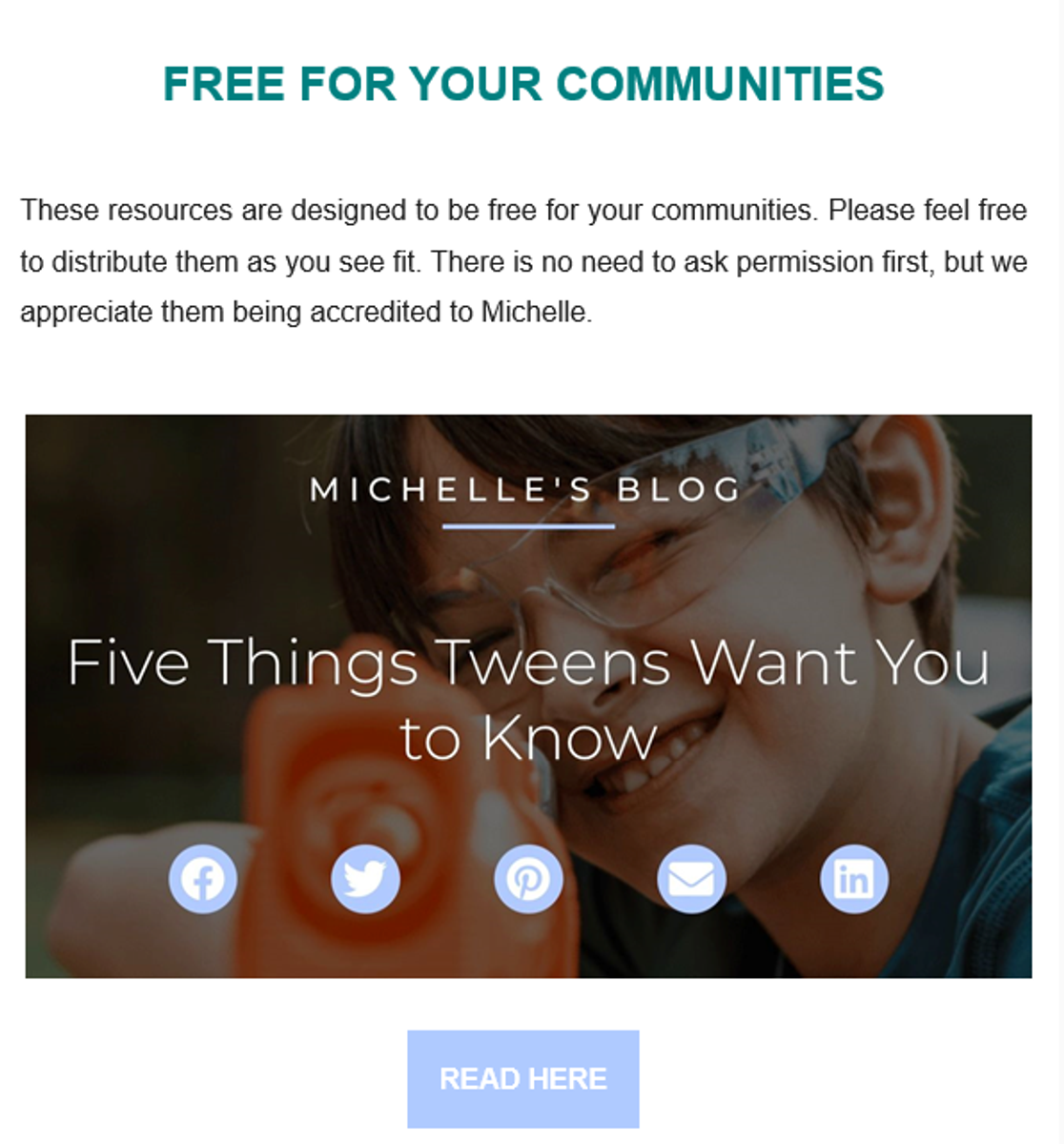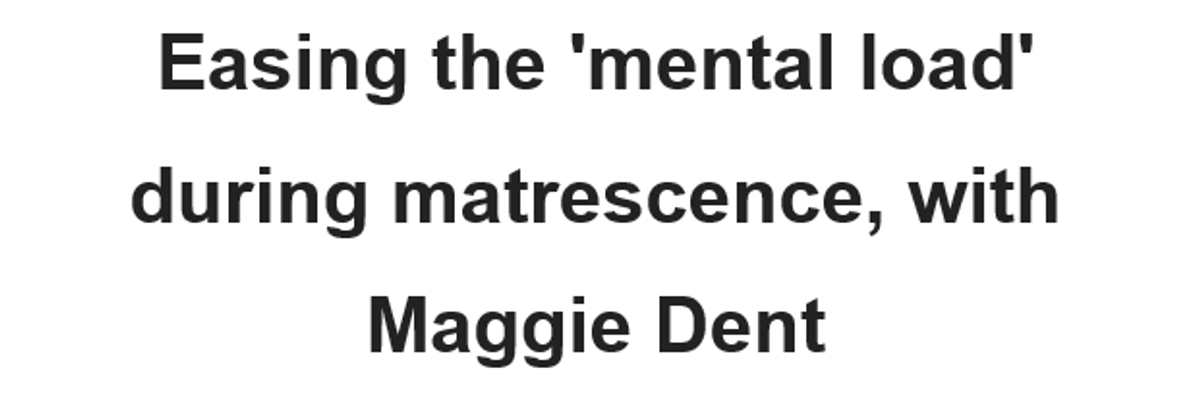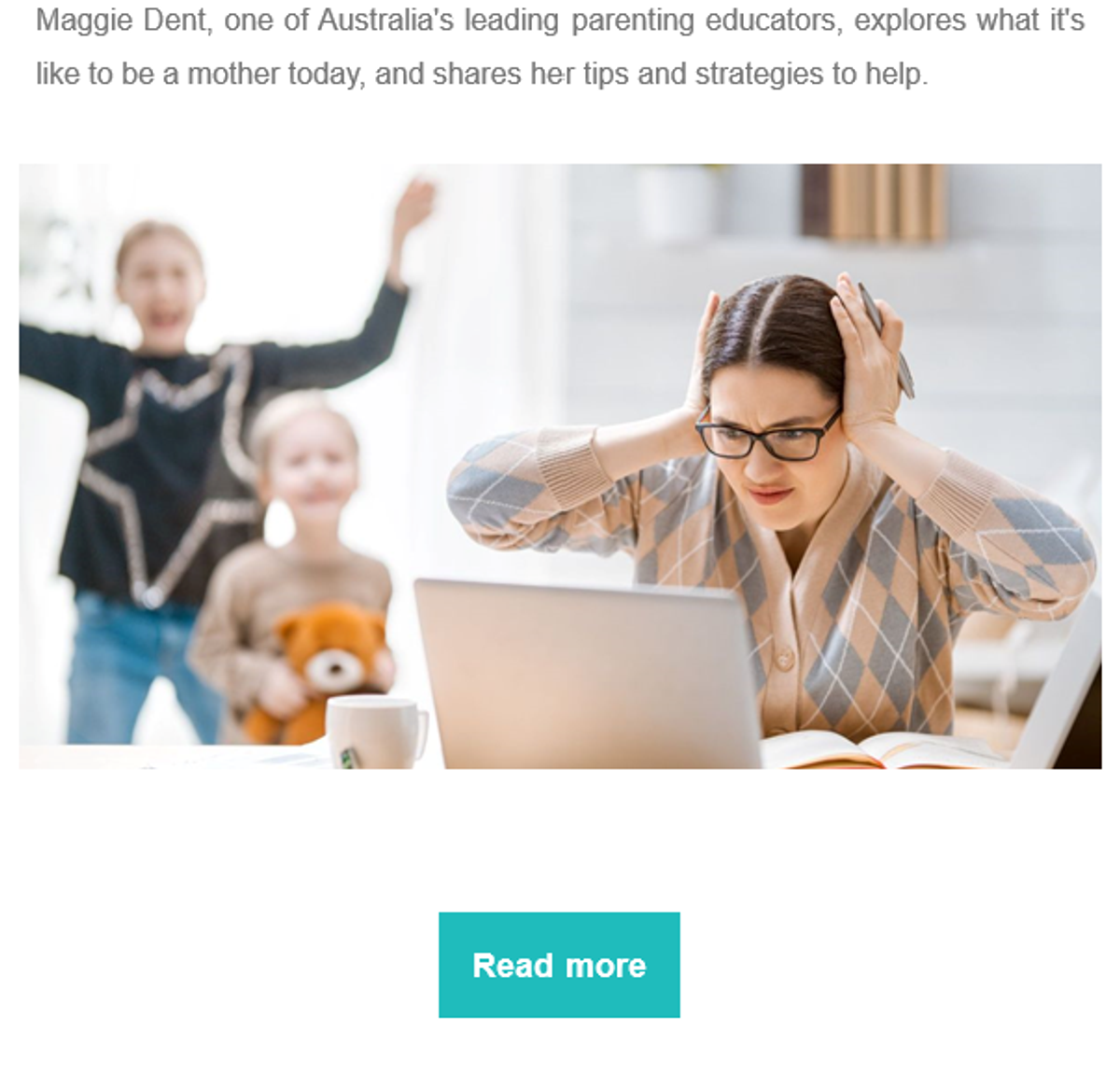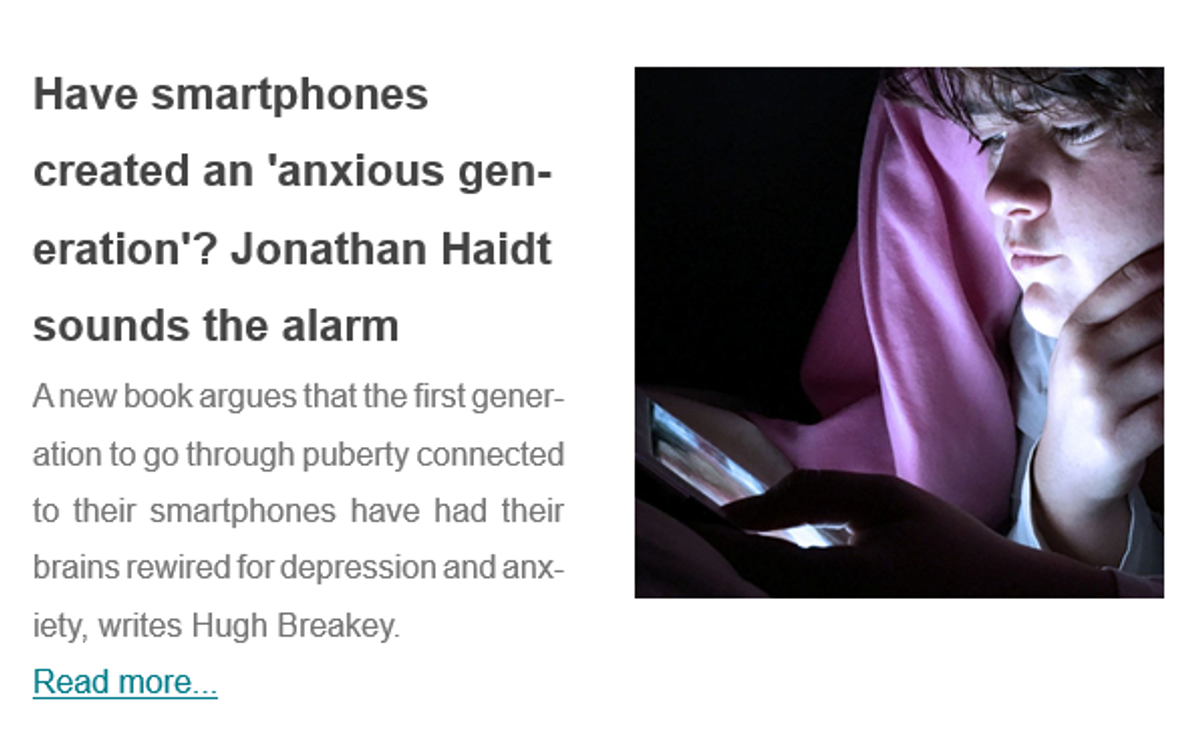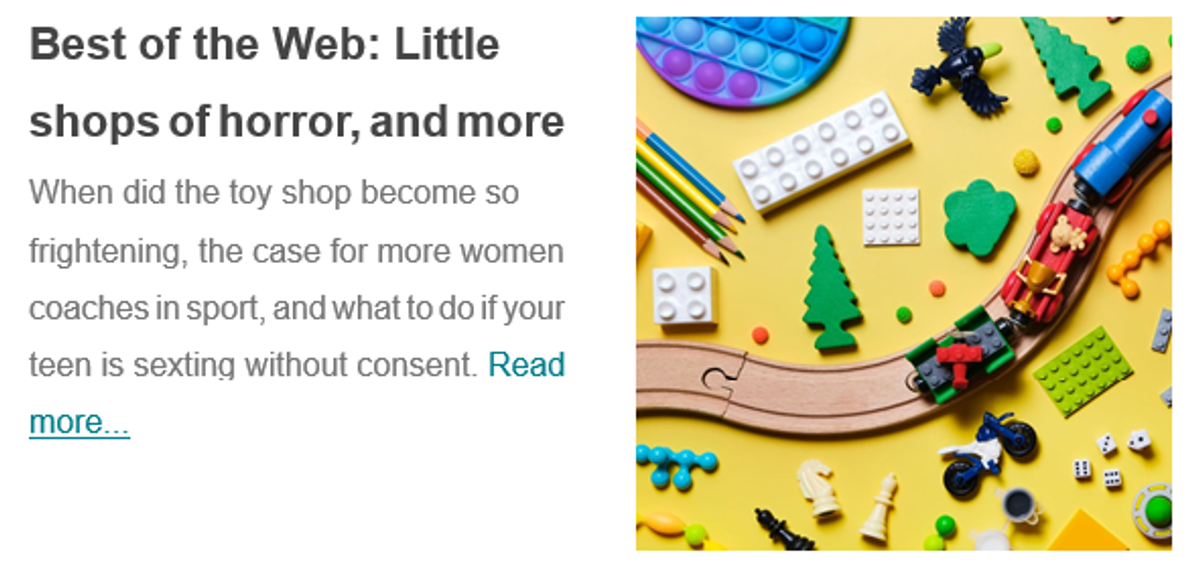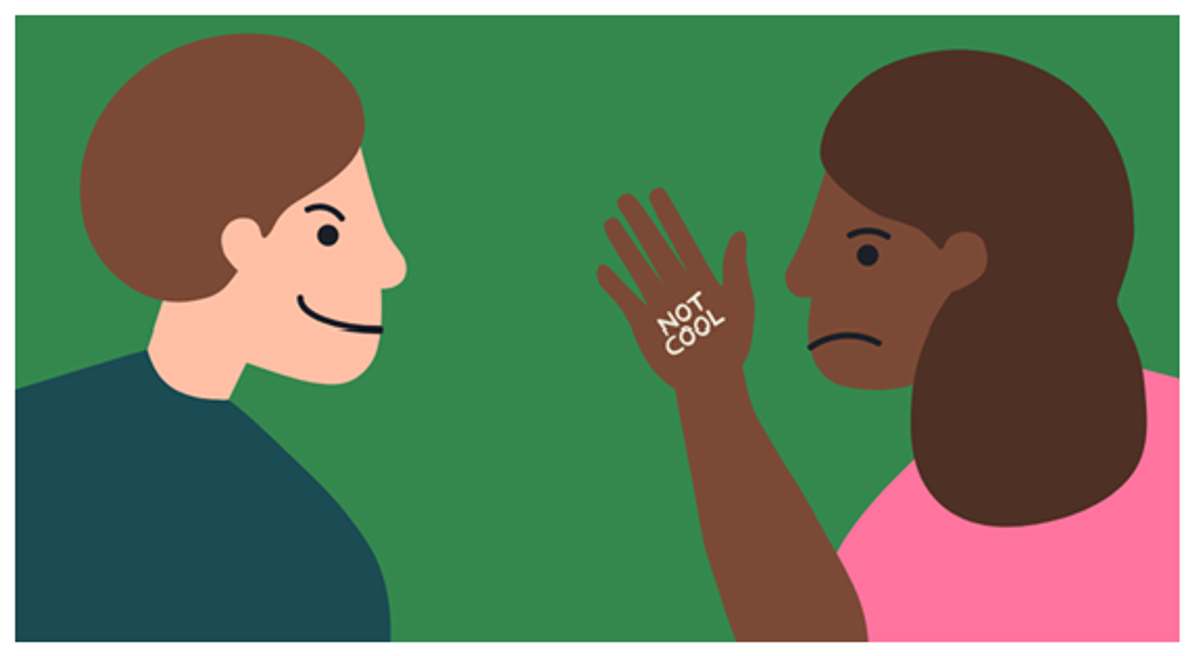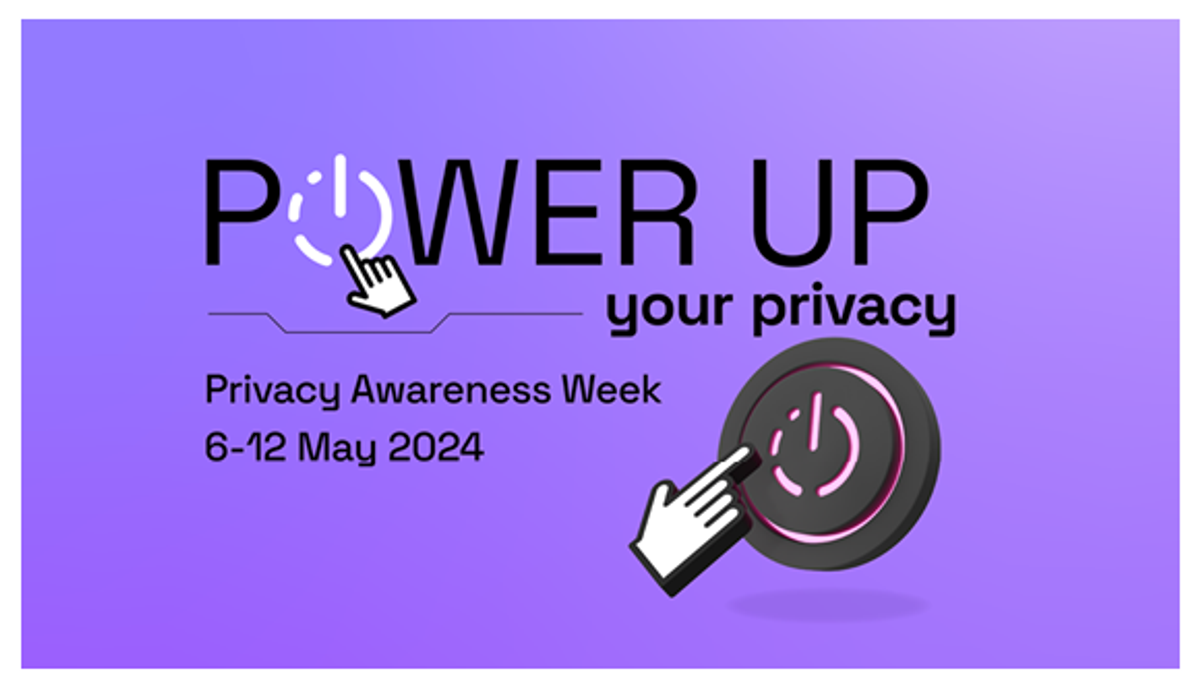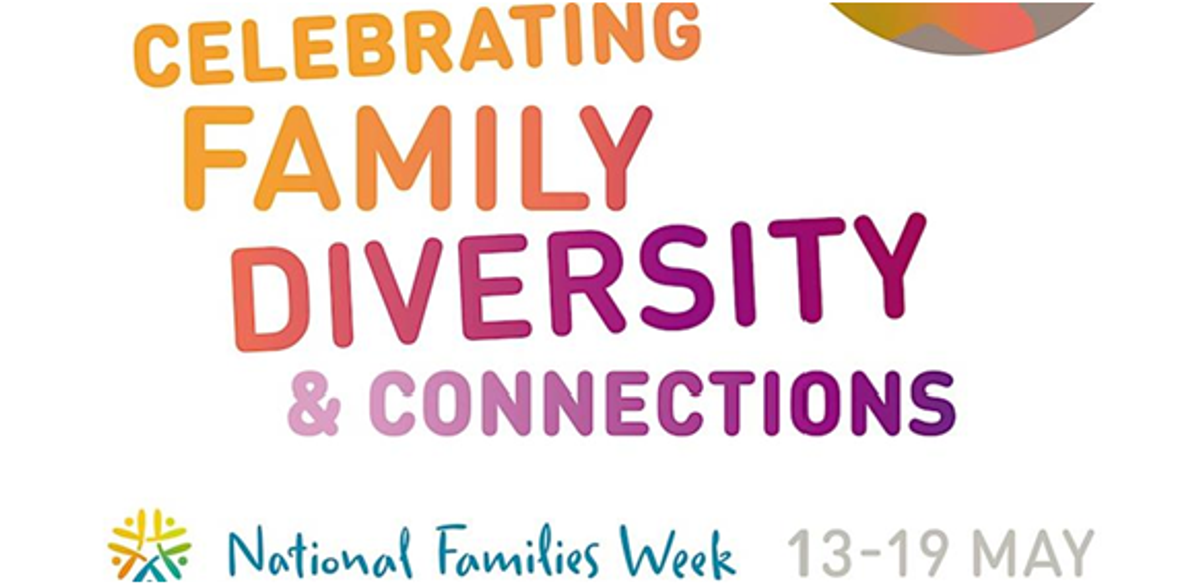Girton Student Wellbeing
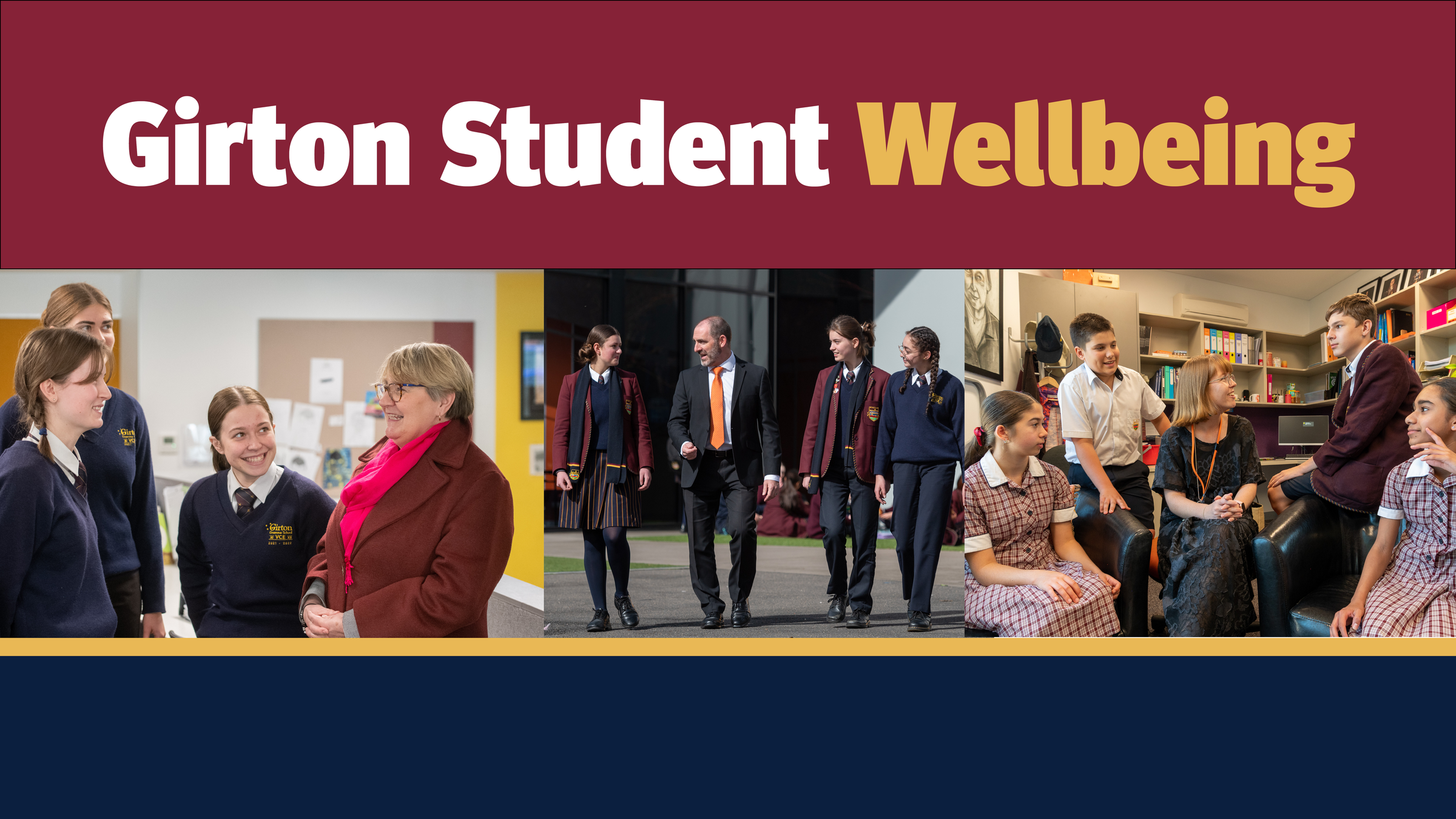
Helping teenagers manage friendship issues
The following article is provided by parenting educator Michael Grose.
Having a supportive group of friends plays an important role in the life of young people. They can help your young person negotiate the journey from childhood, where they are reliant on parents, to adulthood, where they need to stand on their own two feet.
The importance of peers
To a parent, a teenager’s friendships may seem all-consuming, taking precedence over family, school and even healthy leisure time. While peers may now begin to take a more prominent place in your young person’s life, family is still an important source of belonging and safety for them. It helps if you get to know their friends and discuss any concerns you have about their choice of friends.
Managing peer pressure
We all experience some degree of pressure to conform to the behaviours and norms of our social groups, yet this pressure is heightened in adolescence, when the need to fit in with peers becomes paramount. Ostracism is unthinkable, which makes some teenagers susceptible to the negative influences of some peers. You can assist by talking to your young person about peer pressure; helping them to resist peer pressure while maintaining status; and encouraging them to speak out rather than be reliant on the approval of others.
Encouraging more than one set of friends
It’s helpful to think of friendships as a series of concentric circles. Most young people will have a few close friends in their inner circle but are surrounded by many friends in the outer circles. Encourage your young person to maintain friendship groups outside of school to help insulate against any teasing or unfriendly behaviour that may occur at school.
When you disapprove
Sometimes parents disapprove of their young person’s choice of friends, because of behaviour, poor reputation or the adverse influence they may have on a young person. Young people take criticism of their friends personally so be careful how you handle these issues. If you have worries about your child’s choice of friends, make sure your concerns are real. Encourage diversity of friendships and familiarise yourself with their social groups by being available to take your young person and their friends to outings, sports practice, parties and school formals. When they get to know their children’s friends, many parents come to find their concerns were unfounded.
Differentiate between online and offline friends
In all likelihood, your young person will communicate with their friends in real time or through digital technology. Help your young person understand the difference between the two, discussing how behaviours and norms vary between the real world and online. Discuss the ethics and behaviours appropriate to each format so they can enjoy healthy friendships in both the online and offline worlds.
Friendships can be a source of angst and also a source of joy for your young person. Your role as a parent is to promote healthy friendships and encourage your young person to empathise with others, show they are worthy of trust and treat others with respect – all foundations of mature adult relationships.
Loddon Mallee YORS Program
Navigating family life, together
HERE'S WHAT WE ARE CATCHING UP ON: Relationship skills rule your home Masterclass: What is your family's conflict style? Need some in-charge energy? Upcoming event dates... Just for you - Loneliness, growth and money! |
Relationship skills float my boat for SO many reasons.
First up it's probably a pretty self indulgent - I really like relationships! I value relationship with people more than others probably realise. It's the first thing on my mind when I wake, and the last thing on my mind when I sleep. I care so deeply about the feelings and needs of others. How I interplay with them is like artwork for me. It's messy and beautiful and unpredictable and ongoing.....
Secondly, family life (the VERY cornerstone of your child's life) is based on relationship skills. I am going to be more and more moving towards unpacking relationships skills as a focus on my work. I believe if we want to get serious about the mental health of this generation we must get serious about relating well to each other. Belonging is at the centre of our emotional and brain health - FULL STOP.
Below I'm offering a bunch of free blogs, and a JUST FOR YOU video, and a Masterclass which I feel could be life changing for your home. It's all about DOING CONFLICT WELL. I don’t want our kids to fear or avoid conflict with us, in friendships, in their future romantic relationships or in their future jobs. I want them to approach conflict with ease and a healthy mindset. That starts right now, with us, at home.
If you want respect and trust as foundations for all conflict in your home - join me... and partners are welcome. I am really looking forward to unpacking what I have learnt about how our family of origin, AND our current relationship patterns interplay with development to create family culture. All the information is below.
And, of course Resilient Kids Conference is just around the corner. SYDNEY - GOLD COAST - PERTH we are coming to you. JOIN US in-person and online. I'll be joining some of my valuable colleagues as we love on you! If you are an organisation who would like to tap into the conference, or are in a regional or rural area, we are opening up options for you, so please get in contact with us here. |
Talking Tech with Tweens and Teens - May 14th, 7:00pm NZST 5pm AEST.
Resilient Kids Conference Sydney - May 25th 2024, in person & online available.
Handling Conflict with Teens and Tweens - Mon 3rd June, online 8pm AEST.
Resilient Kids Conference Gold Coast - Sat 22nd June 2024, in person & online available. Get Tickets
The Parents Website
eSafety Parents
Help your child be an upstander
We are seeing an increase in the posting of fight videos and the creation of fight-specific accounts on social media. These videos typically show a victim being assaulted by one person or a group of individuals.
You can help by having conversations with your child about being respectful online. If they see anything distressing online you can help them report it anonymously. Use our How to be an upstander resource as a conversation starter and equip them with the skills and confidence to make a difference.
If your child sees fight videos or distressing content online, you can report it to the platform. The eSafety Guide explains how to report complaints to common services and platforms. If the platform does not help, you can report it to eSafety.
Where will we see gen AI next? Meet Meta AI
Have you noticed an AI prompt appearing at the top of your social media chats and search bars? Meta has launched its new virtual assistant ‘Meta AI’, across Facebook, Instagram, WhatsApp and Messenger. It prompts the user with topics and generates a chat when a query is sent.
As generative artificial intelligence (gen AI) seamlessly integrates into our world and becomes a regular part of our children’s lives, staying informed is important. Read our position statement on gen AI to learn how to create a safer digital environment for your family.
Power up your privacy
This week is Privacy Awareness Week which is a great opportunity to consider what you’re doing to ‘power up’ your privacy. Wondering how can you get involved? Here are some ideas:
- eSafety’s privacy and your child resource – includes guidance to help you support your child to stay in control of their personal information, online photos and social media identity.
- OAIC's privacy quiz – a tool to help you learn more about your privacy rights, data breaches, and what you can expect from organisations holding or handling your personal information.
Celebrate National Families Week
This National Families Week, eSafety are celebrating the wonderful diversity that shapes our families, embracing the unique cultures, identities, languages and dynamics that make each one special.
We encourage you to go online and connect with your family this week. During the activities, take a moment to discuss and explore being safe online. Use our Online safety for every family suite of resources to help have those important conversations.

